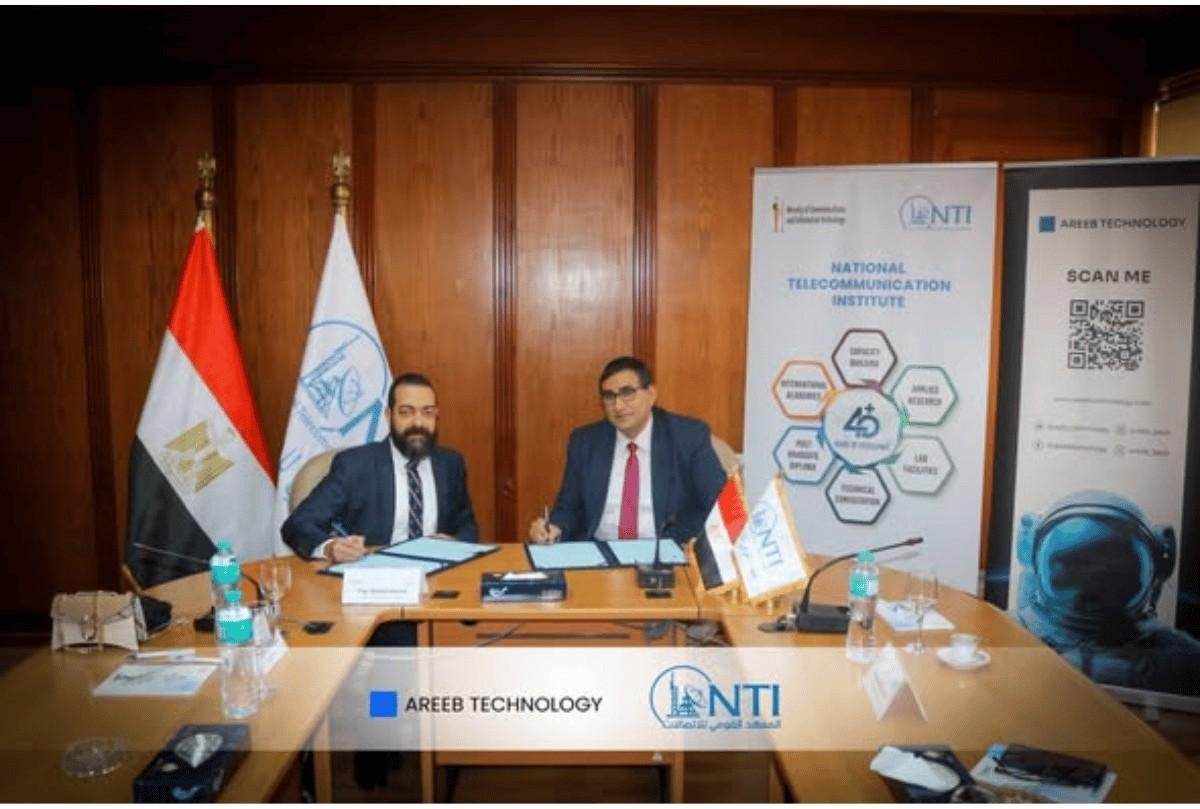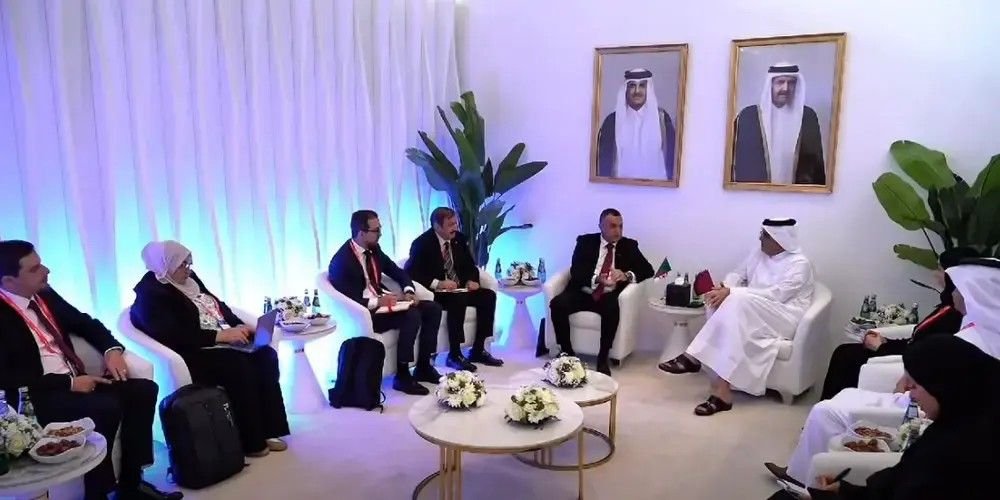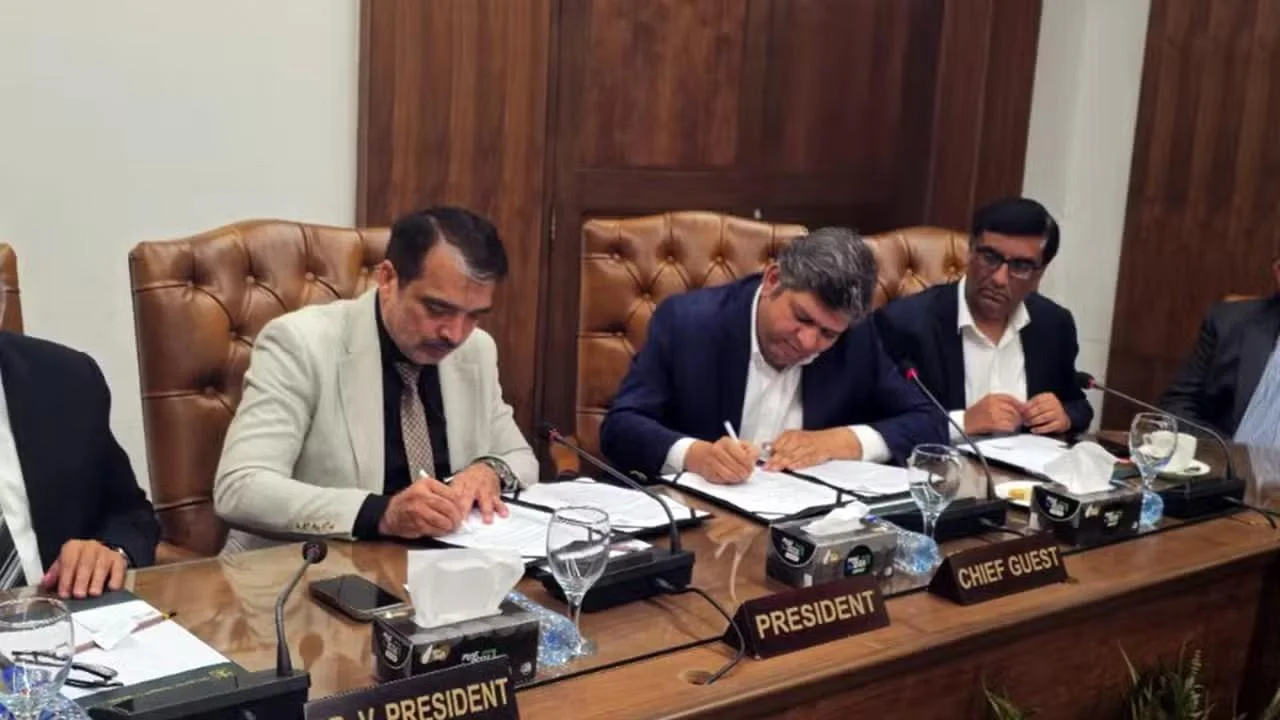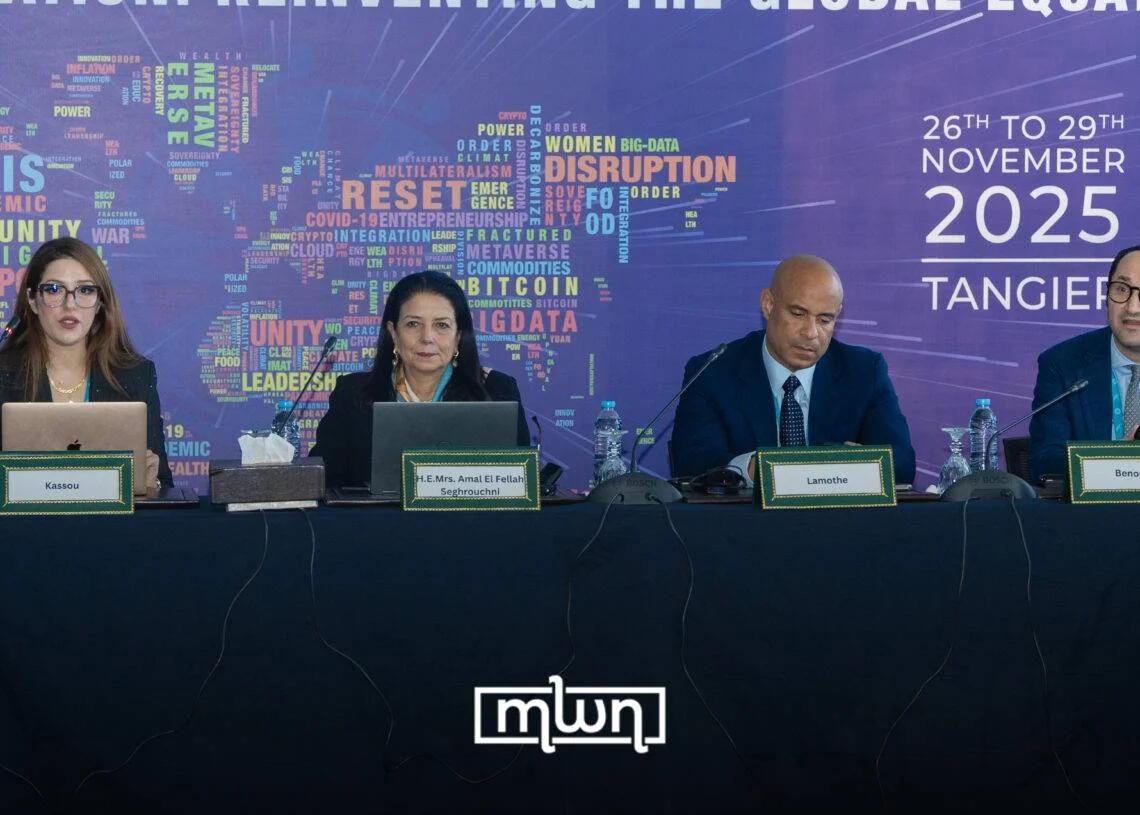Key Takeaways:
- A proposed taskforce aims to reduce the high cost of mobile and broadband data in Bangladesh.
- The taskforce will develop strategies within three months to make internet access more affordable.
- Recommendations include toll-free services for essential citizen needs and ensuring access to critical apps even without data.
Telecom and ICT industry experts in Bangladesh have proposed the formation of a specialized taskforce to urgently address the high cost of mobile and broadband data in the country.
This taskforce, comprising telecom and technology specialists, aims to develop strategies within the next three months to make internet access more affordable for millions of users. The recommendation was made during a roundtable discussion titled “The Use of Technology for Inclusive Development: A New Journey,” organized by the Tech Industry Policy Advocacy Platform (TIPAP) at the Bishwo Shahitto Kendro auditorium in the capital.
Fahim Mashroor, former president of the Bangladesh Association of Software and Information Services (BASIS), presented a 20-point recommendation paper to the interim government, focusing on boosting internet accessibility and improving digital infrastructure. He also called for introducing toll-free numbers for essential citizen services, akin to those in developed nations, covering areas like healthcare, education, legal aid, and complaint filing. By making these services free to access, the aim is to remove financial barriers for the general public.
The paper addressed data usage issues, highlighting that many mobile users cannot access critical applications, such as mobile financial services (like bKash or Nagad) or ride-hailing services (like Pathao or Uber), when their data balance runs low. The roundtable recommended that telecom operators collaborate with app developers to ensure essential services remain accessible even without an active data plan, potentially through subsidy programs or cost-sharing models used in other countries.
Mashroor emphasized the need to ensure nationwide availability of 4G technology while accelerating the rollout of 5G services. Cybersecurity concerns were also discussed, particularly following recent hacking incidents involving national data infrastructure. The proposal called for a dedicated expert committee to investigate these incidents and recommend immediate actions to enhance cybersecurity. This committee would report back within a month with strategies for securing sensitive data, especially in critical sectors like banking.
Additionally, the taskforce should address challenges faced by freelancers, such as payment issues and access to incentives. Proposals include introducing global payment platforms like PayPal and Stripe, reducing import duties on essential equipment, and exempting freelancers from income taxes for the next decade. Furthermore, measures should simplify the process of repatriating foreign earnings and making international payments.
Mahtab Uddin Ahmed, a former CEO of Robi Axiata, highlighted that swift reform could begin with abolishing the International Gateway Operators Forum within a month, ending discriminatory revenue-sharing practices, and ensuring call terminations at actual rates.
However, deeper reforms, such as restructuring licensing layers, would require cancelling or not renewing licenses, which is a complex process. Mustafa Mahmud Hussain, a telecom expert, emphasized the pressing need to develop purposeful local content, noting that 70-75 percent of internet usage in Bangladesh is consumed by entertainment platforms. He advocated for a shift toward content that drives learning, fosters personal development, and supports economic growth.
Mahmud Hossain, a commissioner of the Bangladesh Telecommunication Regulatory Commission (BTRC), stated that 39 percent of mobile users’ expenses are collected by the National Board of Revenue (NBR), with the BTRC taking 5.5 percent of the revenue and 1 percent going to the Social Obligation Fund. He mentioned that the intermediary was created by the BTRC through the International Long Distance Telecommunications Services (ILDTS) policy in 2007 and suggested revisiting this approach.
Ashik Chowdhury, executive chairman at the Bangladesh Investment Development Authority (Bida), announced that a business advisory council will soon be established, comprising industry leaders to provide recommendations on strategies to increase domestic and foreign investment, leading to actionable plans.















